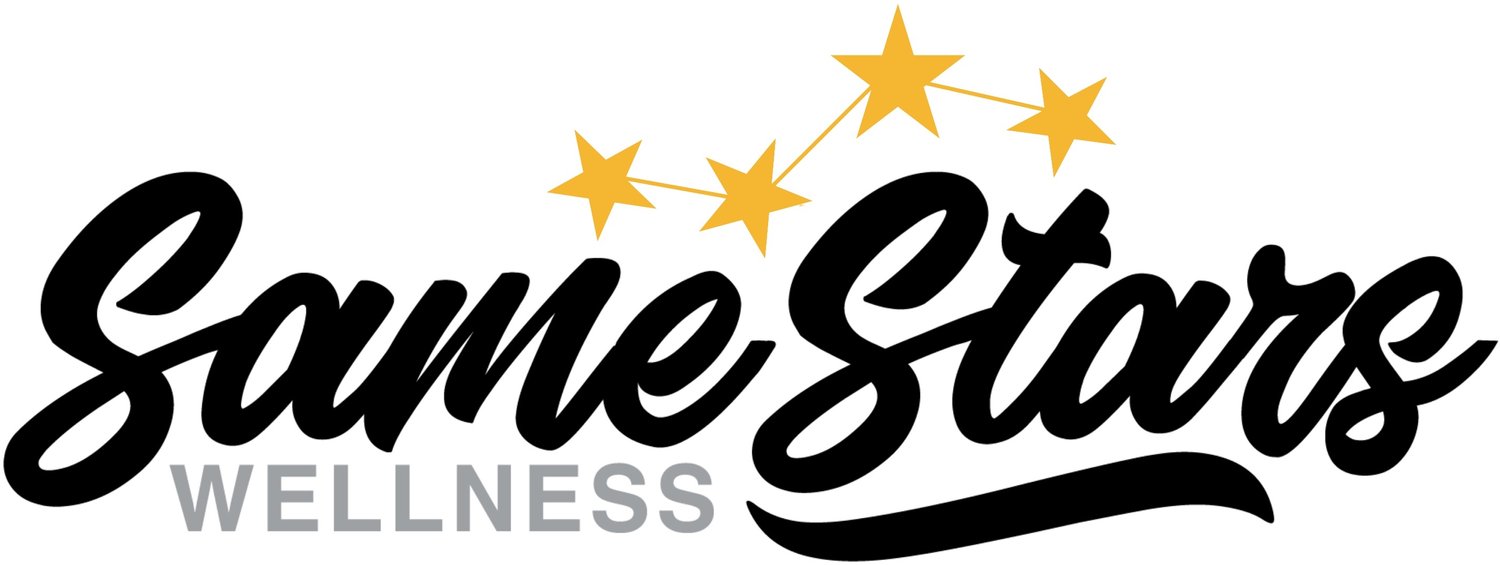Understanding Seasonal Affective Disorder (SAD) and Therapeutic Solutions
As winter descends and daylight diminishes, many individuals grapple with Seasonal Affective Disorder (SAD), a condition marked by recurring depressive episodes during specific seasons, often fall and winter. At Same Stars Wellness, we recognize the importance of evidence-based approaches to address SAD and alleviate its symptoms. In this post, we delve into the causes and manifestations of SAD, while exploring the potential benefits of acupuncture and massage therapy in its management.
Understanding Seasonal Affective Disorder (SAD)
Seasonal Affective Disorder is characterized by a recurring pattern of depressive symptoms that coincide with specific seasons, particularly winter. Reduced exposure to sunlight during winter months disrupts the body's circadian rhythm and affects neurotransmitter levels, notably serotonin and melatonin, which regulate mood and sleep patterns.
Symptoms of SAD may include:
Persistent sadness or low mood
Fatigue and decreased energy
Changes in appetite or weight
Difficulty concentrating
Sleep disturbances
Feelings of hopelessness or worthlessness
The impact of these symptoms on daily functioning underscores the importance of effective interventions.
Acupuncture: How it can help SAD
Acupuncture, involves the insertion of thin needles into specific points along the body's meridian pathways. Research suggests that acupuncture may modulate neurotransmitter levels, including serotonin and endorphins, which play key roles in mood regulation.
Acupuncture treatments may contribute to symptom reduction and improved emotional well-being by enhancing the release of neurochemicals associated with mood modulation.
Massage Therapy: Physical and Psychological Benefits
Massage therapy encompasses various techniques aimed at manipulating soft tissues to promote relaxation, relieve muscle tension, and enhance overall well-being. In the context of SAD management, massage therapy offers both physical and psychological benefits.
Research suggests that massage therapy can reduce levels of cortisol, the stress hormone, while increasing serotonin and dopamine, neurotransmitters associated with mood elevation. Additionally, massage promotes relaxation and reduces muscle tension, which may alleviate physical manifestations of stress and depression.
Conclusion: Integrating Evidence-Based Approaches
As we confront the challenges of Seasonal Affective Disorder, evidence-based interventions like acupuncture and massage therapy offer valuable tools for symptom management and emotional well-being. By addressing underlying neurobiological mechanisms and promoting relaxation and stress reduction, these therapies contribute to a comprehensive approach to SAD management.
Individuals experiencing symptoms of SAD are encouraged to consult with healthcare professionals to explore personalized treatment options tailored to their needs and preferences. Book your Acupuncture or Massage Therapy Treatment today, and let us help you navigate these winter months.

